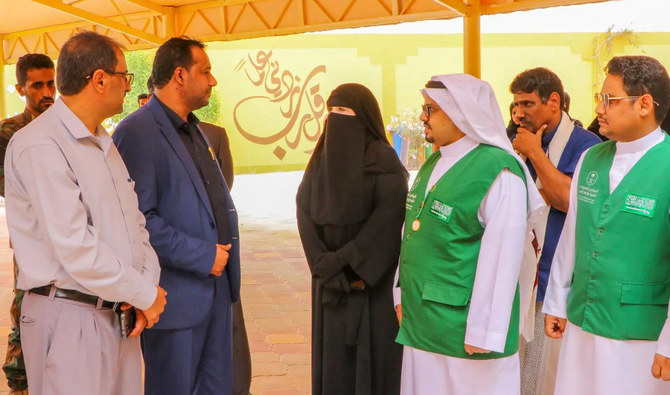RIYADH: In a market saturated with English-first large language models, Tarjama is flipping the narrative.
The UAE-based technology company today launched its Arabic.AI platform, based on the Pronoia V2 Arabic-first large language model that it claims has outscored industry leaders ChatGPT, DeepSeek and Cohere on key Arabic benchmarks.
Designed to process Arabic with near-human understanding, Pronoia touts itself as a tool for a range of uses including legal analysis, translation and proposal writing.
“It was a big surprise for us that this small model for specific niche tasks, can be better than (ChatGPT) 4o,” Andrii Klyman, senior AI product manager at Tarjama, told Arab News at a recent event in Riyadh.
Founder Nour Al-Hassan in a statement: “For too long, Arabic has remained an afterthought in the global AI landscape,
“We’ve built something fundamentally different—an autonomous system that actually understands the nuances of Arabic across multiple dialects and contexts.”
In testing, Pronoia V2 achieved an average score of 76.8 percent across Arabic language benchmarks, outperforming GPT-4o by more than 18 percentage points.
While the model can handle multilingual text, its strength lies in high-context Arabic. Tarjama has already developed several applications on top of it, including a spell-checker, legal contract analyzer, and its most recent interface, Arabic.AI — a tool for business users.
In one live demo, the system restructured an Arabic contract and highlighted risks based on local law.
In another, a user uploaded a PowerPoint file, and the system not only translated the slides but reversed their direction — adapting layout and language simultaneously.
A third version, Pronoia V3, is now in testing. Tarjama says it will deliver even stronger performance across Arabic dialects and achieve a COMET score above 94 — a key benchmark for translation quality.
Tarjama’s push to dominate Arabic AI is both technical and cultural. For years, the Arabic language has been underserved by leading AI tools, which often fail to understand its grammar, dialects, or even its script direction. Pronoia, by contrast, was purpose-built to fill that gap.






























